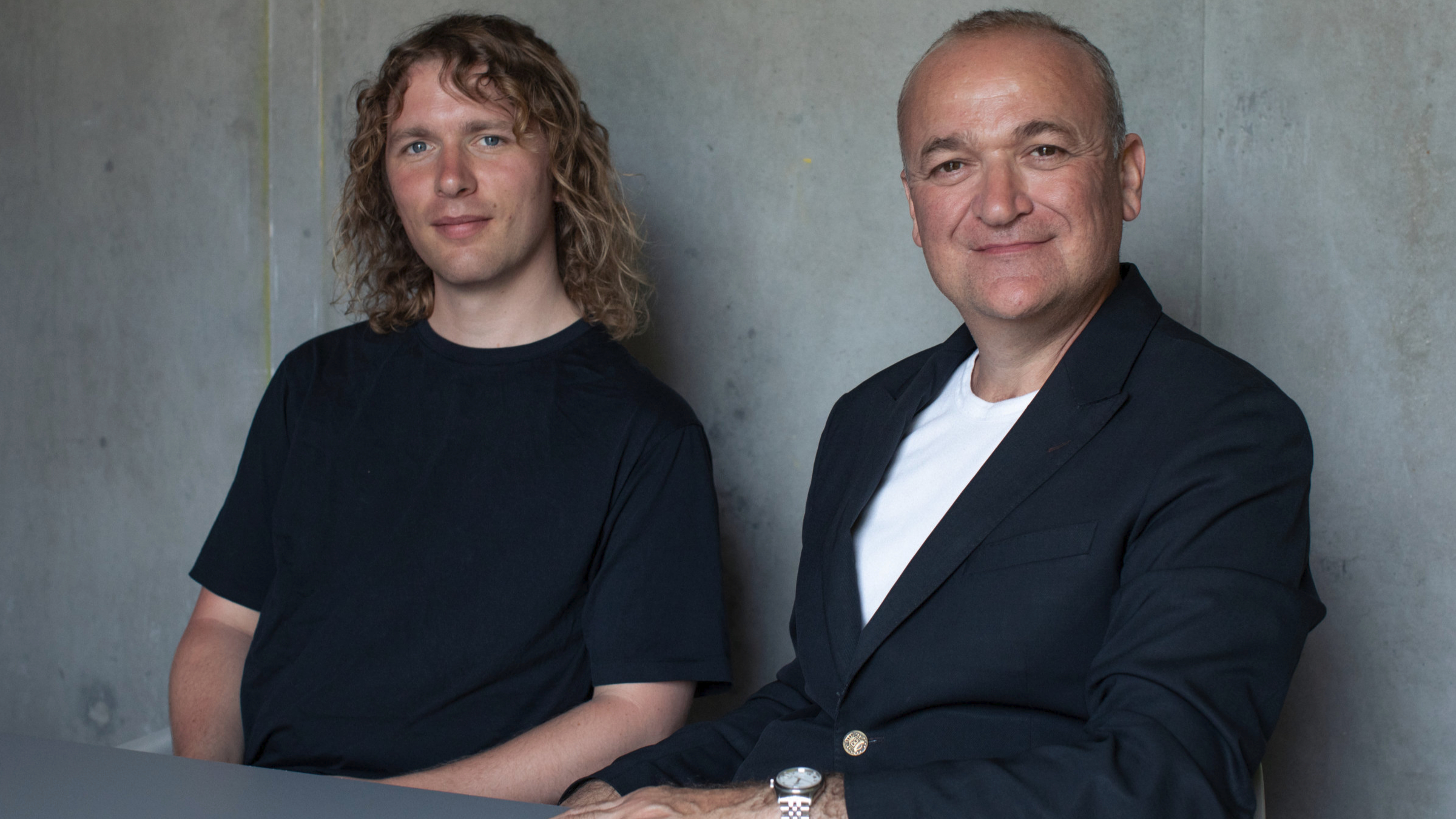
Lachlan MacKinnon (L) and Adrian Woolfson (Replay)
With AAV alternative and DNA writing tech, a new hub-and-spoke startup wants to ‘democratize’ gene therapies
When Adrian Woolfson was head of R&D at Sangamo, he began contemplating starting his own company. His goal? Solve some of the key challenges plaguing …
Sign up to read this article for free.
Get free access to a limited number of articles, plus choose newsletters to get straight to your inbox.